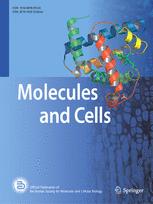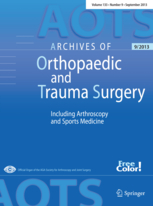A 2002 paper that investigates a kind of equation used to describe physical systems has been “has been detected to be a case of plagiarism.”
Here’s the abstract of the Journal of Applied Mathematics and Physics (Zeitschrift für angewandte Mathematik und Physik) article, “Some blow-up results for a generalized Ginzburg-Landau equation,”
We investigate the blow-up of the solution to a complex Ginzburg-Landau like equation in u coupled with a Poisson equation in ϕ defined on the whole space ℝn, n=1 or 2.
What did this paper plagiarize from? Continue reading Thirteen-year-old mathematics paper retracted for plagiarism








